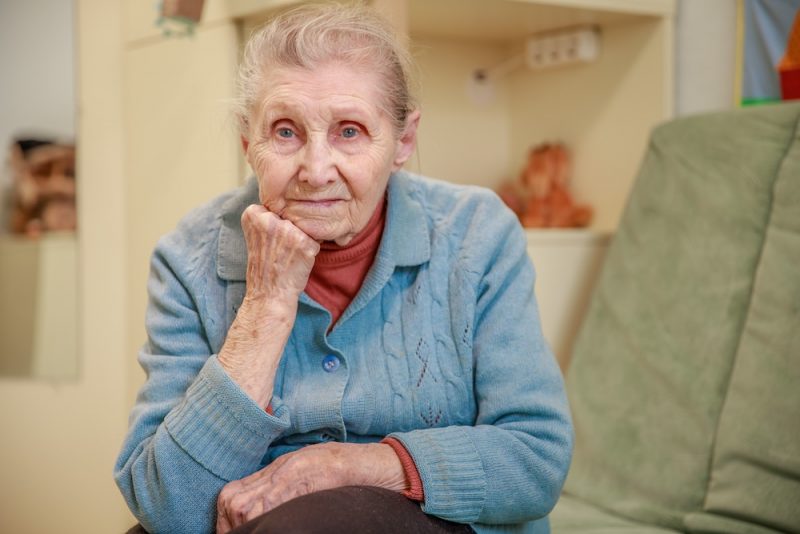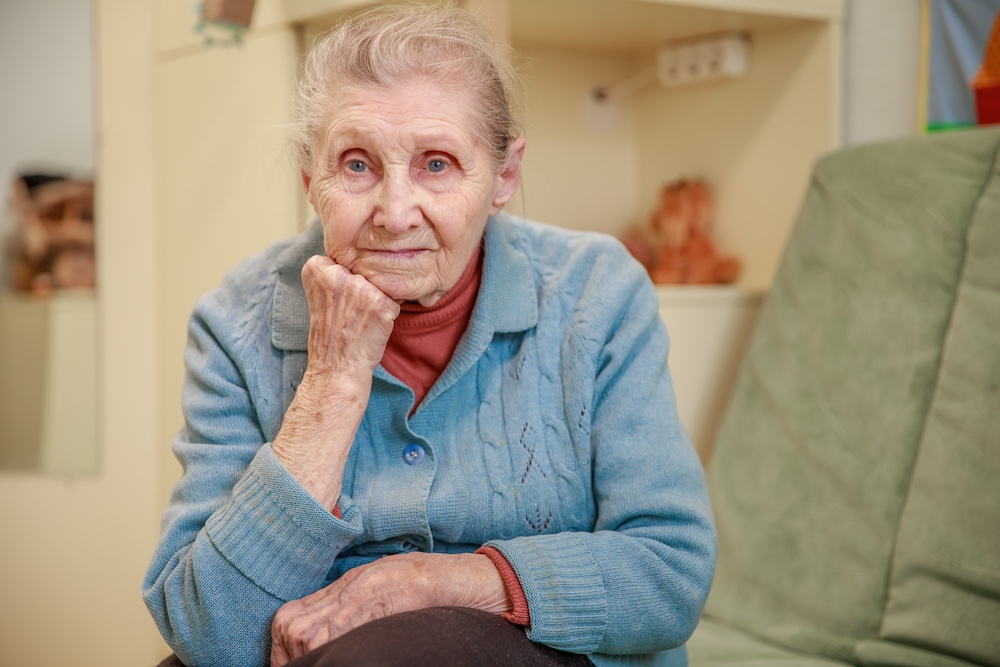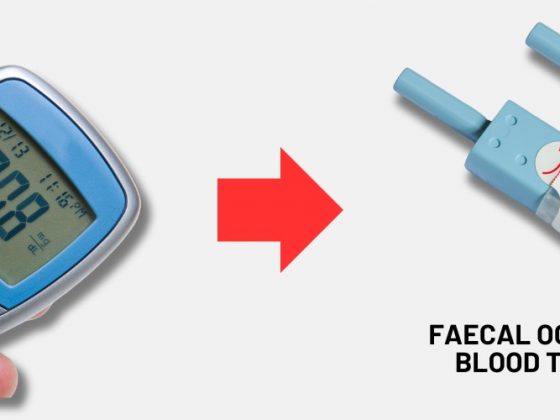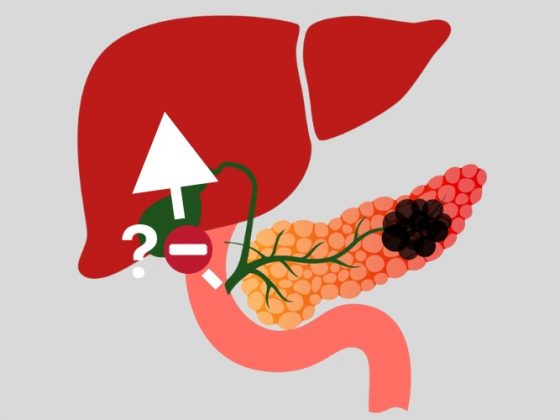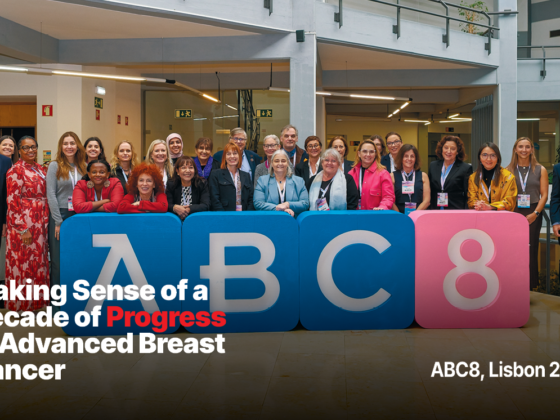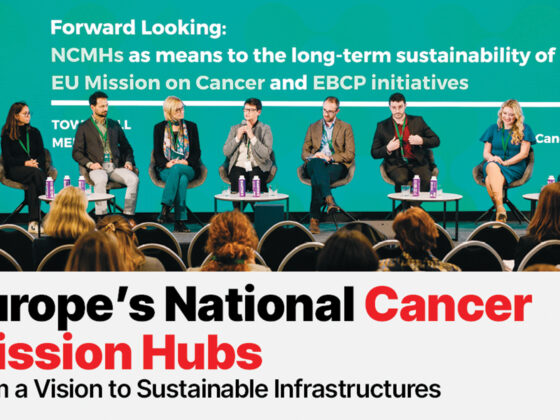When Gerardo Silveyra, a retired chemist from Toluca, Mexico, thinks about his recently deceased mother, Guadalupe Contreras, he regrets not having taken her to see a geriatrician sooner. Contreras, who died aged 93, had been “a very active woman,” and when she started having seemingly isolated health issues early in 2020, her family went through a range of specialists, each treating her according to their specialty. But when she started fading away, they took her to a geriatrician who identified problems with her immune system and referred her to an oncologist. Then the diagnosis became clear: advanced stage 3 ovarian cancer.
The percentage of older adults in Latin America is expected to nearly double by 2050, along with their cancer rates. With health systems as yet unprepared to treat these populations, doctors throughout the region are beginning to take action by conducting new research and creating tools to guide treatment of these patients and increase survival rates and quality of life.
“The conversation about cancer continues to be about a young person,” says Enrique Soto, a geriatric oncologist at the Salvador Zubirán National Institute of Medical Science and Nutrition in Mexico City. The result has been a lack of specialists, clinical research, training and standardised guides to treat cancer patients aged 60 and over.
“Our healthcare systems need to change and prepare for this aging population so that they do not collapse,” says Soto, which is not an easy thing to do. An important starting point, he argues, is to recognise that people age in different ways. “Older people are very heterogeneous.” While cancer patients in their thirties and forties tend to have a similar set of capabilities and responses to treatment, he explains, this changes as people grow older, depending on their social and cultural experiences. Mobility, nutrition, independence and family support are all factors to consider. “It is patient-based personalised medicine rather than tumour-based personalised medicine,” he says.
Despite this, older adults and people with comorbidities are still under-represented in oncologic clinical trials, and most of the trials are performed outside Latin America, among populations with different genotypes. This makes it difficult to know how patients will react to new drugs in real life.
“It is patient-based personalised medicine rather than tumour-based personalised medicine”
“We have the notion that the real patient is going to fare a little worse than the clinical trial patient,” says Cristian Seehaus, a haematologist at the Italian Hospital of Buenos Aires in Argentina. He recently co-authored a retrospective analysis of elderly patients with multiple myeloma, examining treatment-related mortality and survival in patients who underwent autologous stem cell transplantation.
Clinical and behavioural research in geriatric patients is now being conducted in Brazil, Chile, Peru, Colombia and Mexico to look for ways of improving the treatment of older adults, and to open doors so that older patients can receive innovative drugs and treatments they would otherwise not have access to. “This is important in a region like Latin America, where we don’t have access to so many drugs, especially because of the costs, and the different health coverage,” says Seehaus.
Guadalupe Contreras, who was treated by Soto, benefited from one of these studies. Soon after her diagnosis, Soto enrolled her in a prospective cohort study seeking to measure treatment toxicity by monitoring daily step count. They are currently doing the final data analysis. She received round-the-clock monitoring, Silveyra remembers. “The doctor would call her to see how she was feeling, because sometimes they would identify that there was no activity on my mum’s end.”
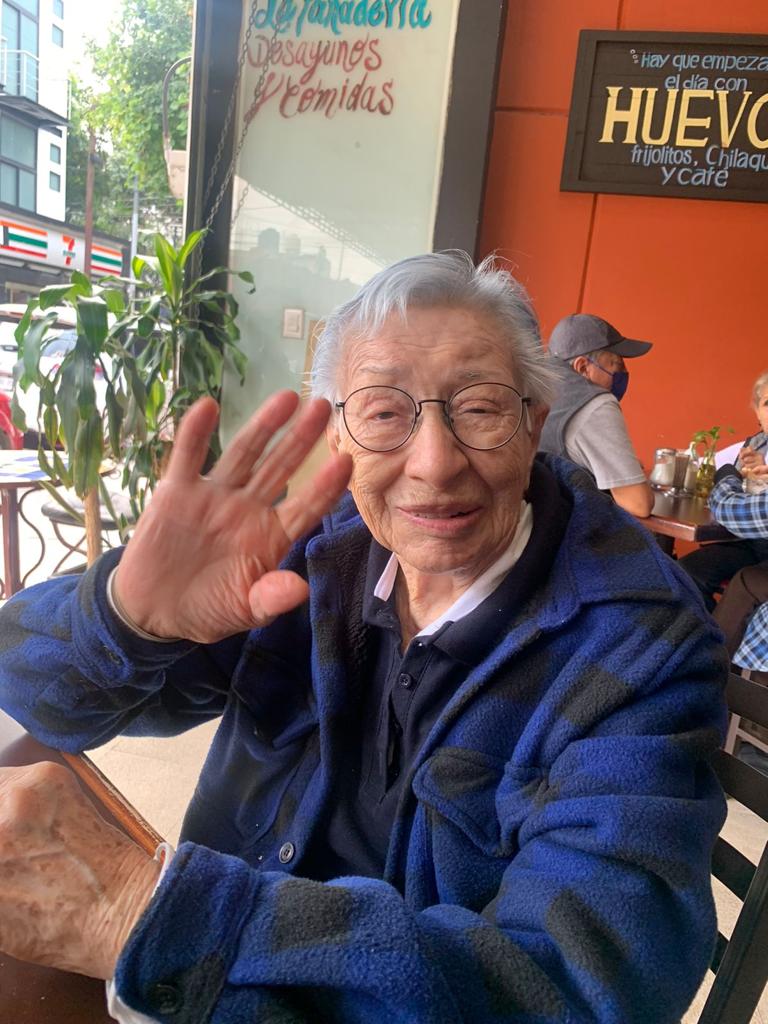
Photo: courtesy of her son Gerardo Silveyra
Stepping up research around these populations requires joint effort. Regulatory agencies have an important role to play in pressing for older adult and Hispanic patients to be included in clinical trials, says Haydeé Verduzco-Aguirre, a geriatric oncologist at the Salvador Zubirán National Institute of Medical Science and Nutrition in Mexico City. “They should require sufficient data to recommend that a particular treatment is both effective and safe in this type of population.”
Another approach is to involve national universities and research institutions. For example, Peru’s National Council of Science, Technology and Technological Innovation runs competitions to fund research, and the government also provides incentives for academics to conduct research.
Yet it isn’t just more funding that is required, but a change of perspective about older patients. Soto explains that there is still a prevalent culture of agism, even among doctors, where older people are seen as disposable because they are destined to die anyway. This discrimination “is very much embedded in our collective psyche,” Soto says. What doctors fail to see is that, in the long run, they are discriminating against themselves. “If you’re lucky, eventually you’re going to be old too.”
Agism is still prevalent, even among doctors, where older people are seen as disposable because they are destined to die anyway
This attitude becomes even harder to fight when doctors lack opportunities to train as geriatricians or geriatric oncologists. There are some international guidelines they can refer to, such as the geriatric oncology guidelines developed by the American Society of Clinical Oncology, but they are not adapted to the region.
Yet there are promising signs of change. São Paolo Cancer Institute Octavio Frias de Oliveira in Brazil and the Salvador Zubirán National Institute of Medical Science and Nutrition in Mexico have established advanced specialty courses and a medical residency in geriatric oncology. Geriatric oncology clinics have also been established in Chile, Argentina, Mexico and Brazil. Almenara Hospital in Lima, Perú, has been working on promoting closer collaboration between its geriatrics and oncology departments. “Almost all patients over the age of 60 arriving in oncology undergo a comprehensive geriatric assessment beforehand,” says Teodoro Oscanoa, an internist at Almenara.
As doctors take their first steps and plan ahead for the region’s aging, they hope that these efforts can grow and change the way geriatric patients are perceived and treated. They also hope that health policies can catch up and address the barriers older patients have to access treatments in the first place.
When Silveyra thinks about his mother, he knows that if she had consulted a geriatrician sooner she could have been diagnosed earlier, when there was a better chance of survival. No matter her age and diagnosis, Guadalupe Contreras wanted treatment. “She never said I don’t want to do this anymore. She never said we need to stop,” Silveyra says. And the doctors treated her accordingly. “You’re not supposed to put the sick elderly in a corner and wait for the end to come,” he says. “That’s not the ending they deserve.”

